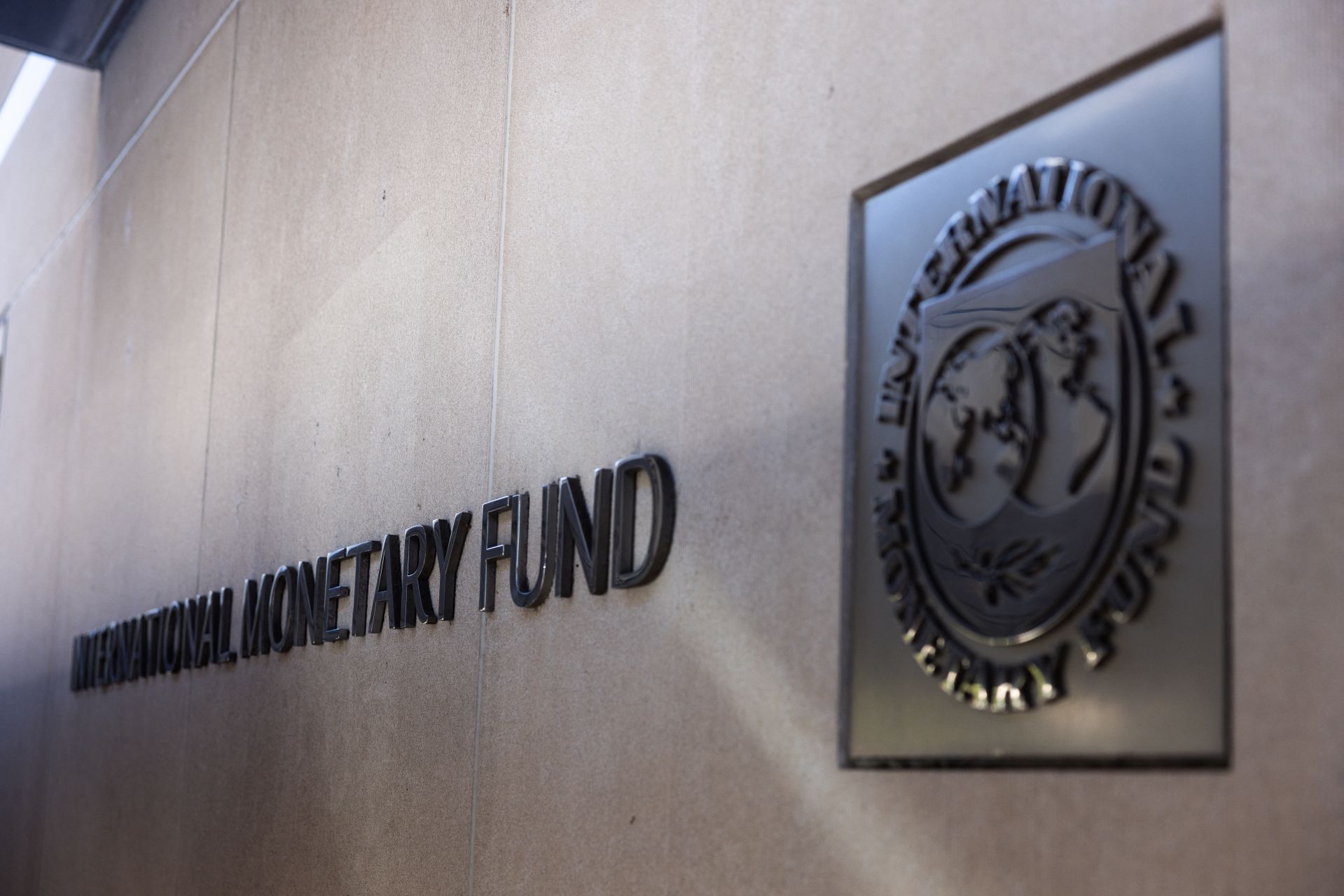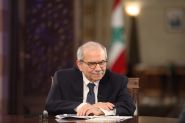
The Finance and Budget Committee, chaired by MP Ibrahim Kanaan, has tentatively approved an increase in Lebanon's contribution to the International Monetary Fund, requesting Minister of Finance Yassine Jaber to provide a study on the feasibility of raising Lebanon’s contribution by $423 million. According to Kanaan, the increase in Lebanon’s share would enhance its potential for borrowing and assistance from the IMF, particularly since this amount is not earmarked for any specific budget item.
The Finance and Budget Committee meeting, attended by the Minister of Finance, included extensive discussions and objections from some MPs over the size of the proposed increase, given Lebanon’s fragile financial situation. The meeting concluded with a request for a clear formulation of the financing mechanism and payment method, in line with the country’s financial ability.
If the treasury can only manage $100 million, then the increase should be capped at that amount; if more resources are available, a larger contribution can be considered—based on the Ministry of Finance’s forthcoming proposal, according to the committee chair. Focus now shifts to the details the Minister of Finance is expected to submit to the General Assembly ahead of the session that will decide whether Lebanon will increase its contribution to the Fund—details that will shape the next steps.
Concerns are rising about Lebanon’s ability to secure the $423 million required to raise its share and about the available funding sources to make that possible. The proposal to increase Lebanon’s contribution dates back to the previous government, which approved it in November 2024, in line with a resolution adopted by the IMF Board of Governors on December 15, 2023. That resolution called for a 50% increase in member countries’ quotas. As a result, the Fund’s capital rose by 238.6 billion Special Drawing Rights (SDRs)—equivalent to around $320 billion—bringing total quotas to 715.7 billion SDRs, or roughly $960 billion.
Prime Minister Najib Mikati’s Cabinet approved the increase and submitted the proposal to Parliament, where it was initially endorsed by the Finance and Budget Committee, pending approval from the General Assembly to open additional credit for its coverage. The draft law, currently under discussion, allows the Minister of Finance to pay 25% of the increase using Lebanon’s SDRs or in any currency of member countries designated by the Fund, based on the SDR unit. The remaining 75% can be covered in an amount equivalent to its value in Lebanese pounds, either in cash or through promissory notes redeemable at the Fund's request, which carry no interest, or by another method agreed upon by the Fund and Lebanon.
In line with the IMF’s internal regulations, Lebanon’s approval of this increase will impact its access to Fund financing and the value of the SDRs it receives periodically. A decrease in any country’s share of the Fund's capital automatically lowers its voting weight and decision-making influence, thereby lowering its chances of securing financing.
As for upcoming programs, Lebanon’s share in any IMF support program depends on its proportional stake in the Fund, which determines the available financing. In their recent meeting, the IMF delegation in Beirut informed Finance and Budget Committee Chair Ibrahim Kanaan that increasing Lebanon’s subscription is a prerequisite for both the approval of a financial program and the scale of that financing. Without the increase, Lebanon's voting power and share would decrease, negatively impacting its eligibility for future programs or access to Special Drawing Rights.
Regarding the financing of this increase, the IMF’s mechanism mandates repayment over 10 years from the decision date, typically in national currencies. For Lebanon, this means that most of the payment will be made in Lebanese pounds, with the number of SDRs determined based on the exchange rate of the Lebanese pound against global currencies. This will, in turn, increase Lebanon’s SDR balance within the Fund.
SDRs are reserve assets created by the IMF to supplement the official reserves of member countries. These rights are allocated in proportion to each country’s share in the Fund’s capital. Lebanon’s share, based on its stake in the Fund, directly determines the amount of SDRs it receives.
Lebanon’s SDR unit was initially valued at $1.42, but it has fluctuated with changes in the exchange rates of the currencies in the SDR basket and is currently approximately $0.73. The SDR basket consists of the US dollar, euro, Chinese yuan, Japanese yen and British pound. As of April 2025, Lebanon’s share of SDRs is about 633.5 million units, equivalent to $860 million. Lebanon received a total of $1.139 billion from the IMF in September 2021, which was deposited with the Central Bank of Lebanon (BDL). This amount includes Lebanon’s share from two distributions: $275 million from 2009 and $860 million from 2021. When these funds are transferred to the Fund’s account, they are recorded as SDRs and remain part of BDL’s reserves, with the option to withdraw them in coordination with the Fund.
To finance the increase in subscriptions, securing the necessary funds from Account No. 36 at BDL, which belongs to the state and holds approximately $700 million in foreign currencies and Lebanese pounds, is not feasible. As a current account, no funds can be withdrawn from it, let alone the $100 million required. Consequently, the draft law calls for the creation of an additional credit line in the 2025 budget, amounting to 316.75 million SDRs (equivalent to $423 million), while granting the Minister of Finance the authority to issue treasury bonds in Lebanese pounds.
This means that the $100 million must be recorded as debt for the Lebanese state. It also raises concerns about the ability to market treasury bonds in a country facing severe financial difficulties. During committee discussions, the focus was on how to market these bonds, starting with the repayment of the $100 million, and how to handle the remaining amount. As a result, MP Ali Hassan Khalil proposed changing the term “treasury bonds” to “revenues of the treasury and budget,” emphasizing that marketing treasury bonds in these circumstances is a difficult task, and relying on this issuance to cover any additional expenses is not realistic.



Comments